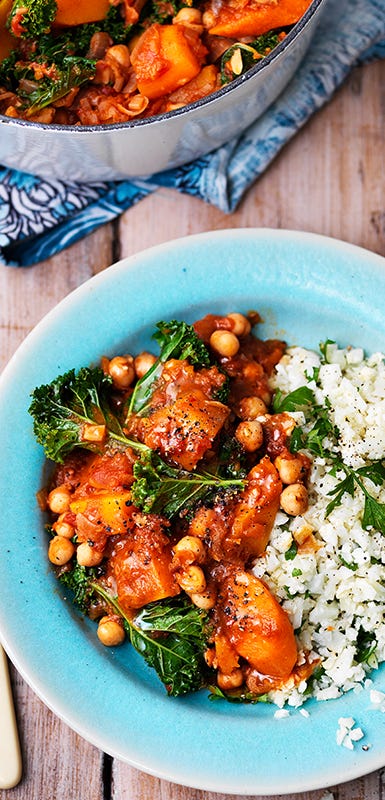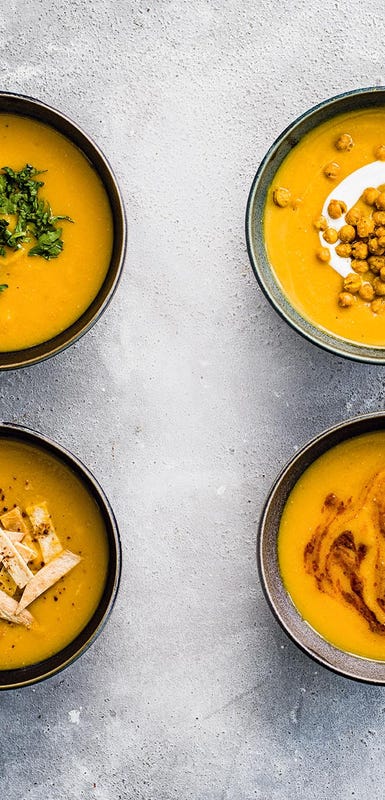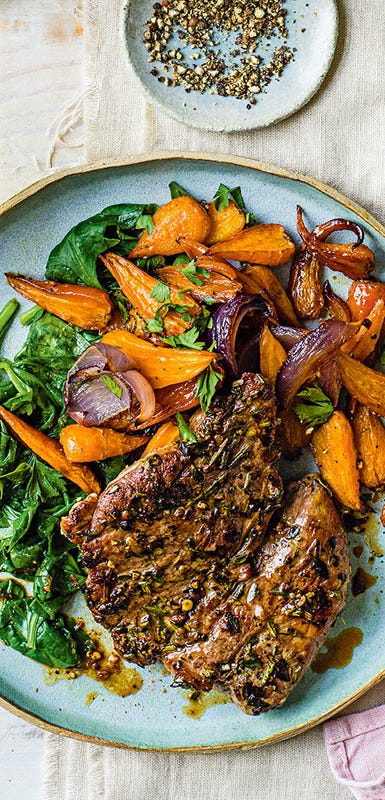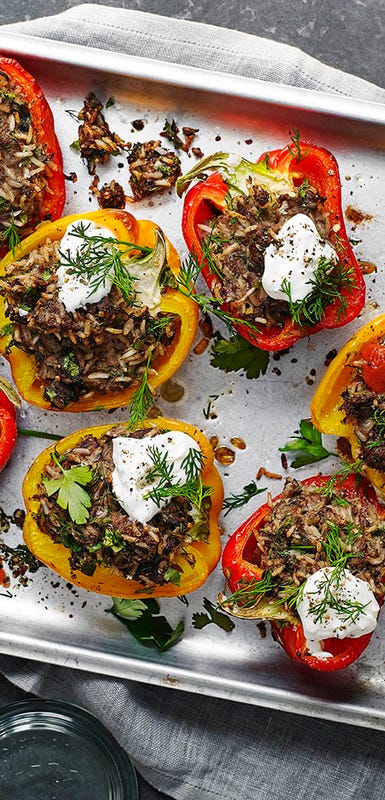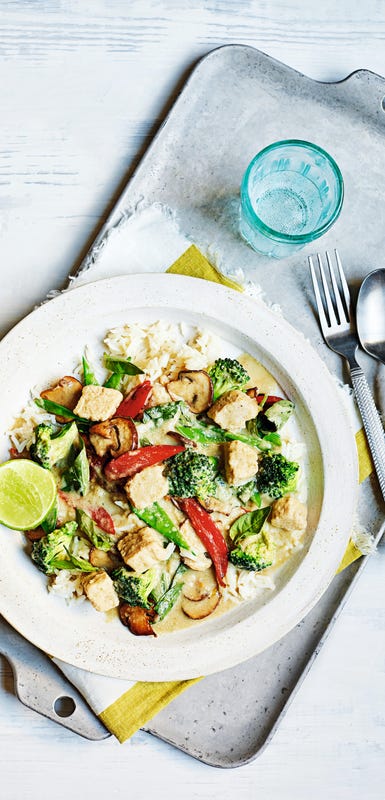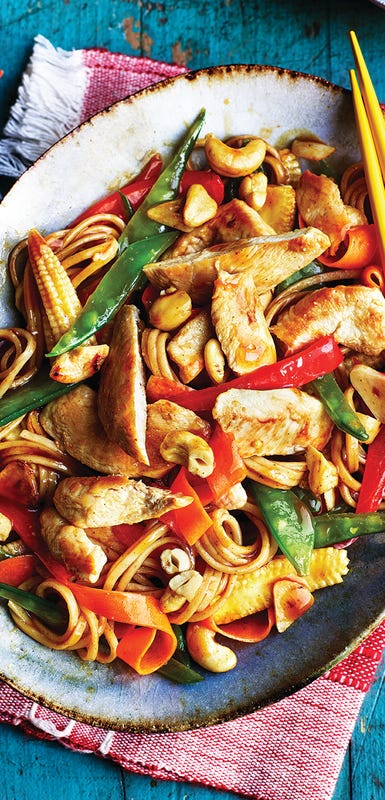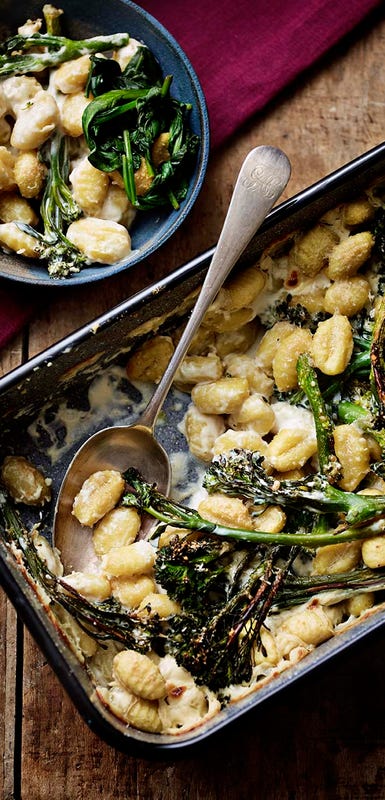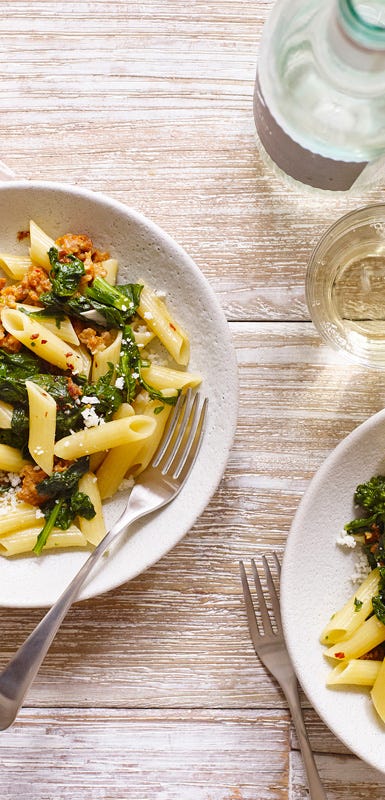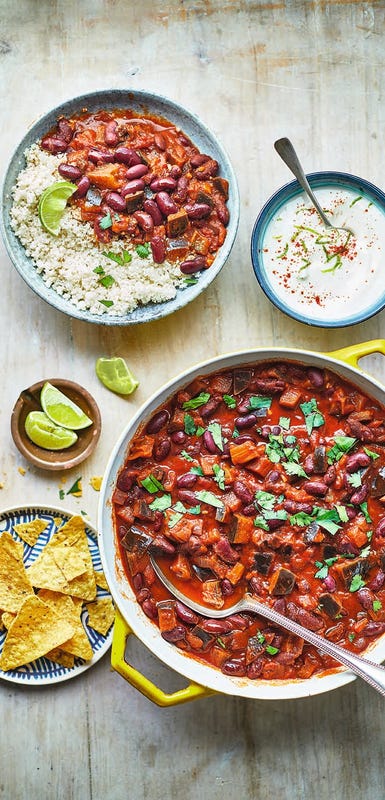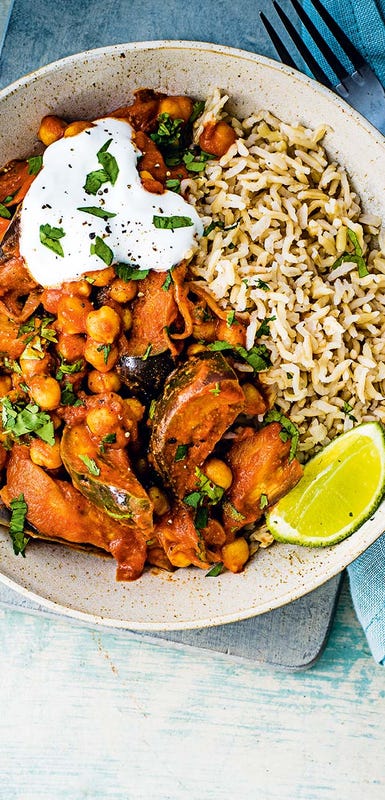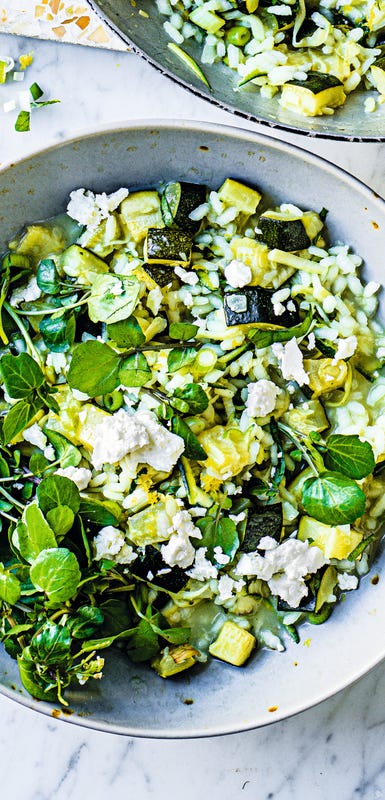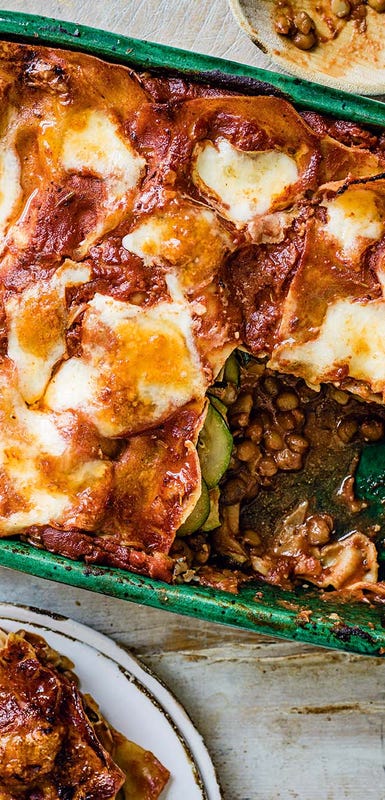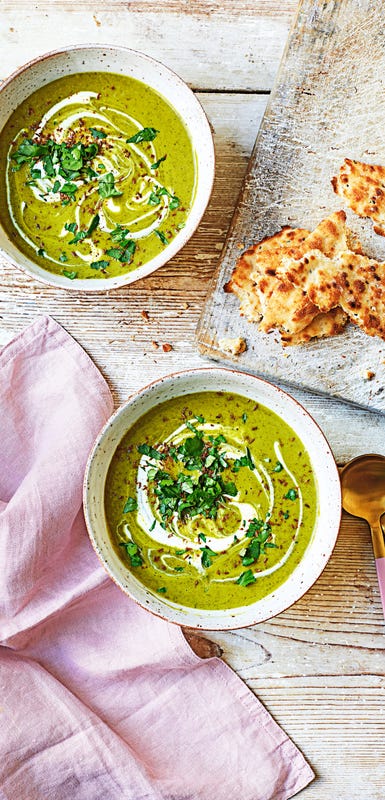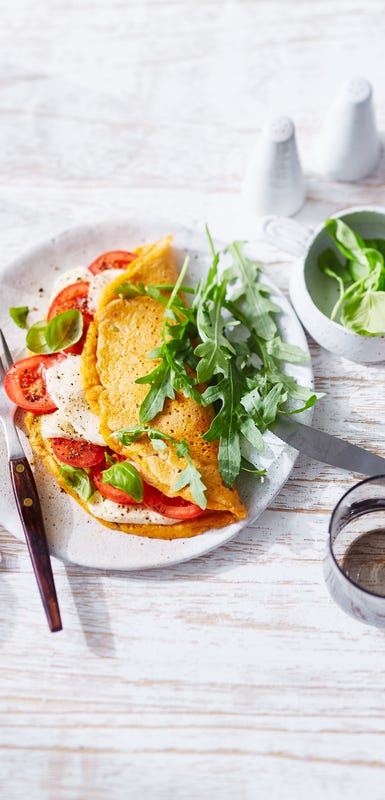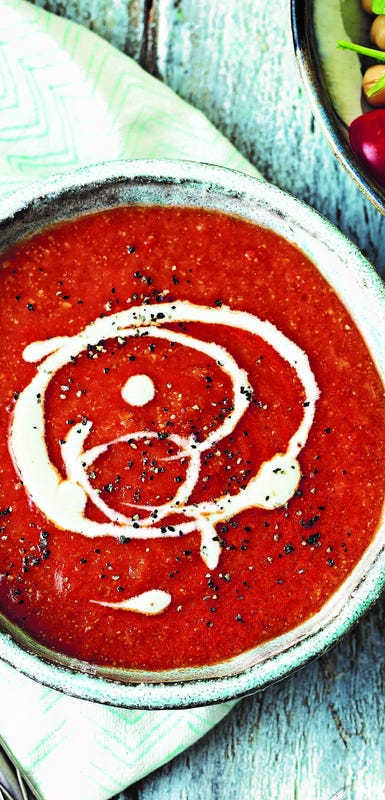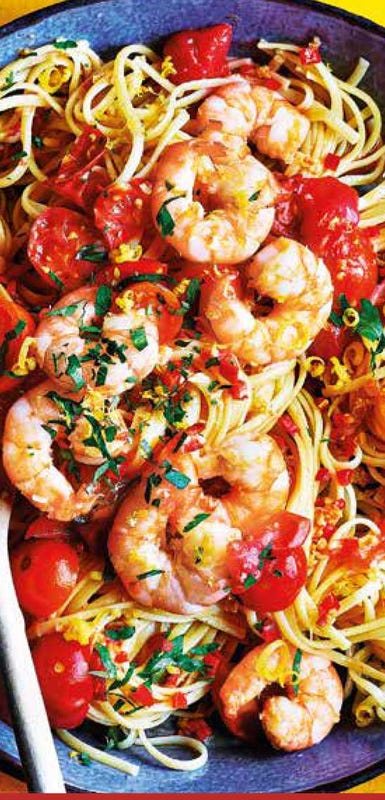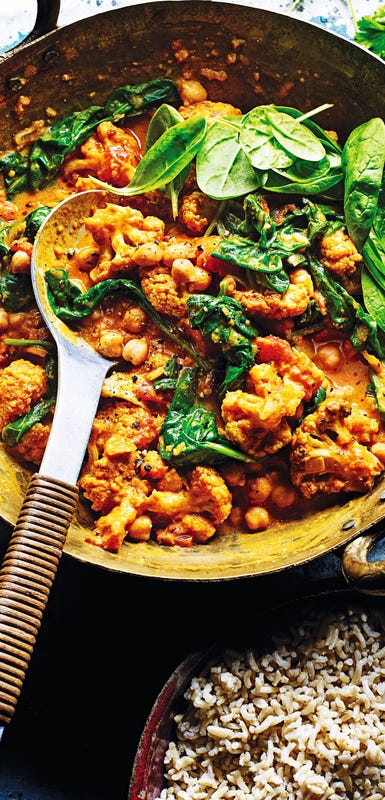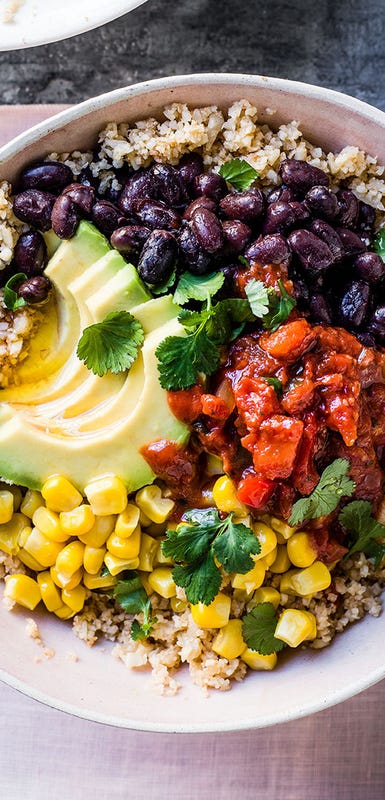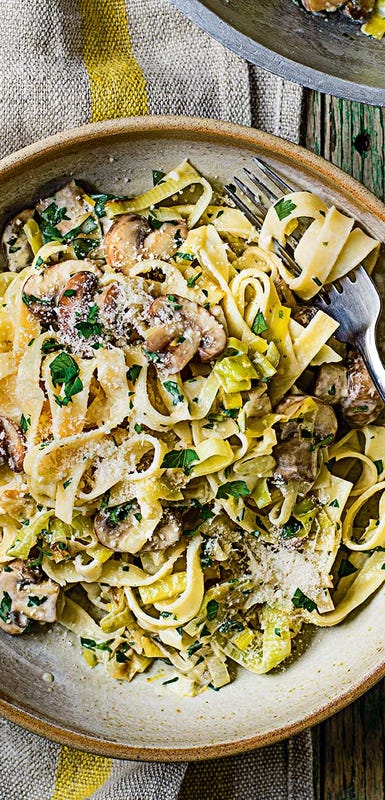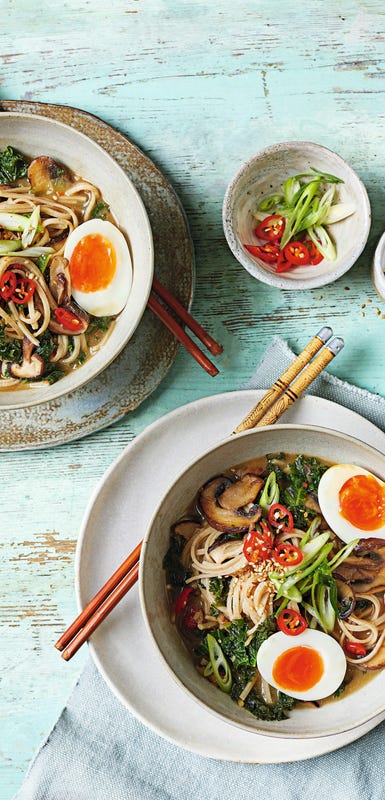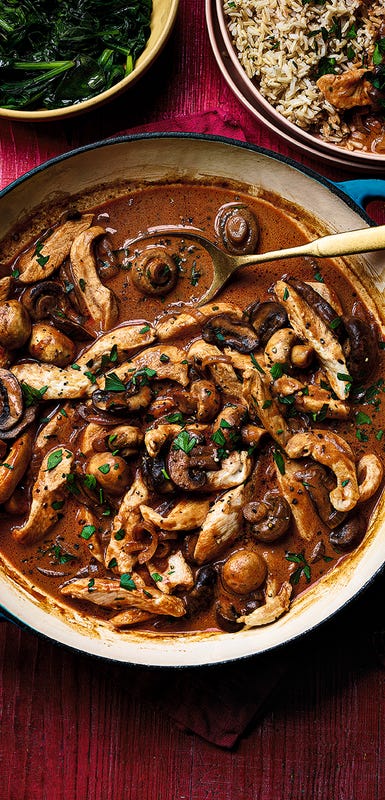8 non-starchy veggies and 24 recipes to use them in
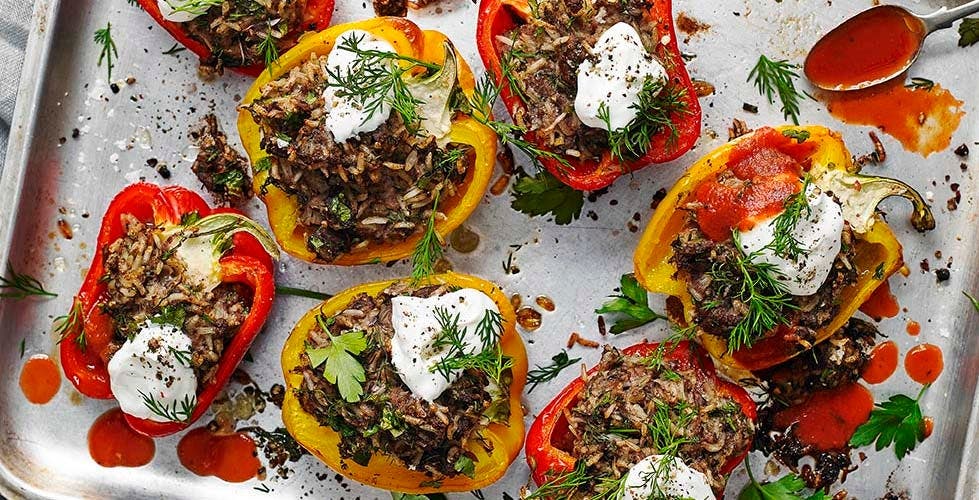
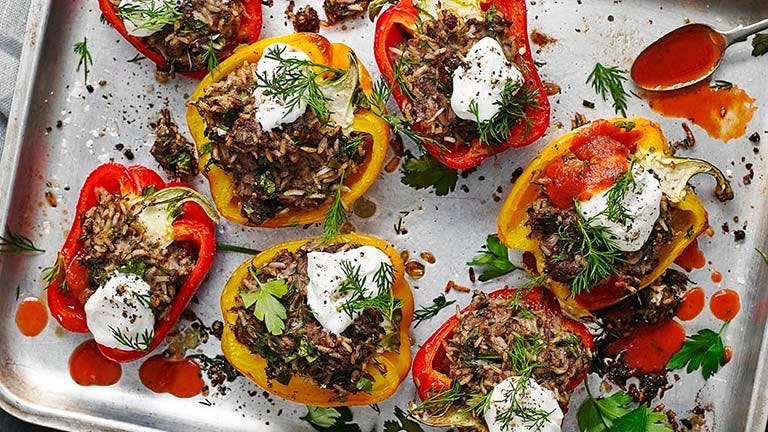
From a high fibre and water content to a range of essential vitamins and minerals, all vegetables have an impressive nutrient profile.
The NHS recommends that we eat at least five portions of fruit and veg each day, and that these food groups should make up just over a third of the foods we consume daily.
People who eat at least five portions of fruit and vegetables a day have a lower risk of heart disease, stroke and some cancers.
In this article, we're diving into the world of non-starchy vegetables. As well as being colourful, delicious and a great addition to a wide range of meals, non-starchy vegetables contain smaller amounts of carbohydrate than starchy vegetables.
They're a healthy addition to any diet, particularly for people living with diabetes.
Below are eight non-starchy veggies to consider adding to your diet, and delicious recipes to use them in.

